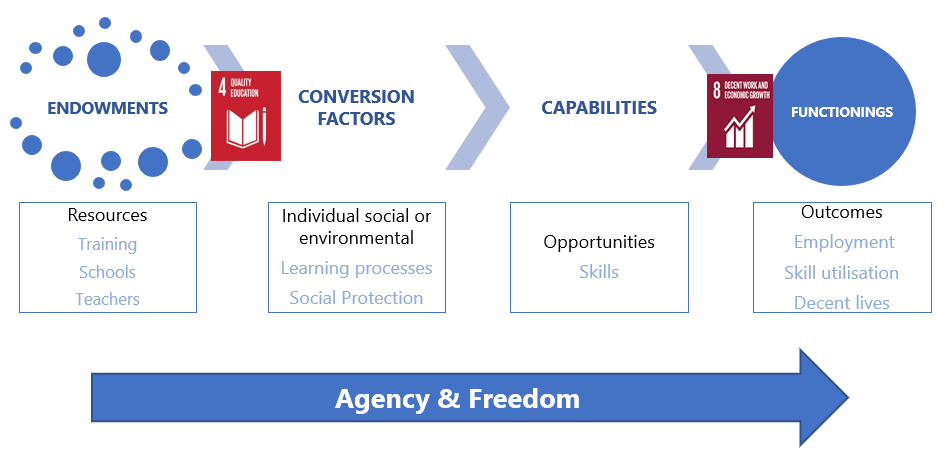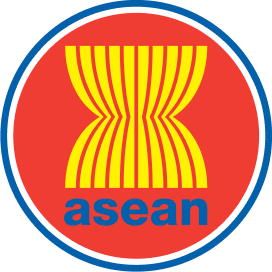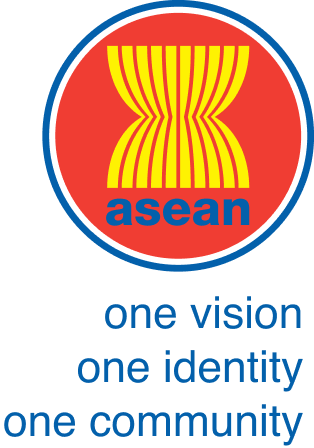
This theme analyses livelihoods as a series of transitions from childhood through basic education, from school to work and between different types of work. The foundations for these transitions are formed in early years and continue to be framed by demographics, migration, technology and climate change as the 21st century unfolds.
The purpose of the theme is to highlight current and future policy challenges arising at key dis-junctures in these transitions. It is based on a wide selection of secondary academic literature and ASEAN Policy Declarations, Workplans and Reports extending beyond the ASCC, and highlighting the need for an integrated perspective. Most available regional documents outline intentions rather than detailed impact evaluations, so the focus is on problem framing at the regional level, and highlighting available cases of implementation at the national level. Due to considerations of space and the need to select from a large range of material, this overview is selective, not systematic.
The theme consists of two parts:
Analysis of these transitions is grounded in the Capability Approach (CA) used throughout this Outlook. The following figure envisage a Quality Education (SDG 4) and Training as key endowments for the enhancement of capabilities. Whether these endowments generate new capabilities (or opportunities) is dependent upon an individual’s experiences in the Worlds of Learning and Work governed through a suite of conversion factors. These include personal characteristics, social markets and access to social protection. An individual’s agency to realise these opportunities is contingent upon knowledge and skills being used and rewarded in line with the principles of Decent Work (SDG 8).
To read the full report, please download to the link above.










